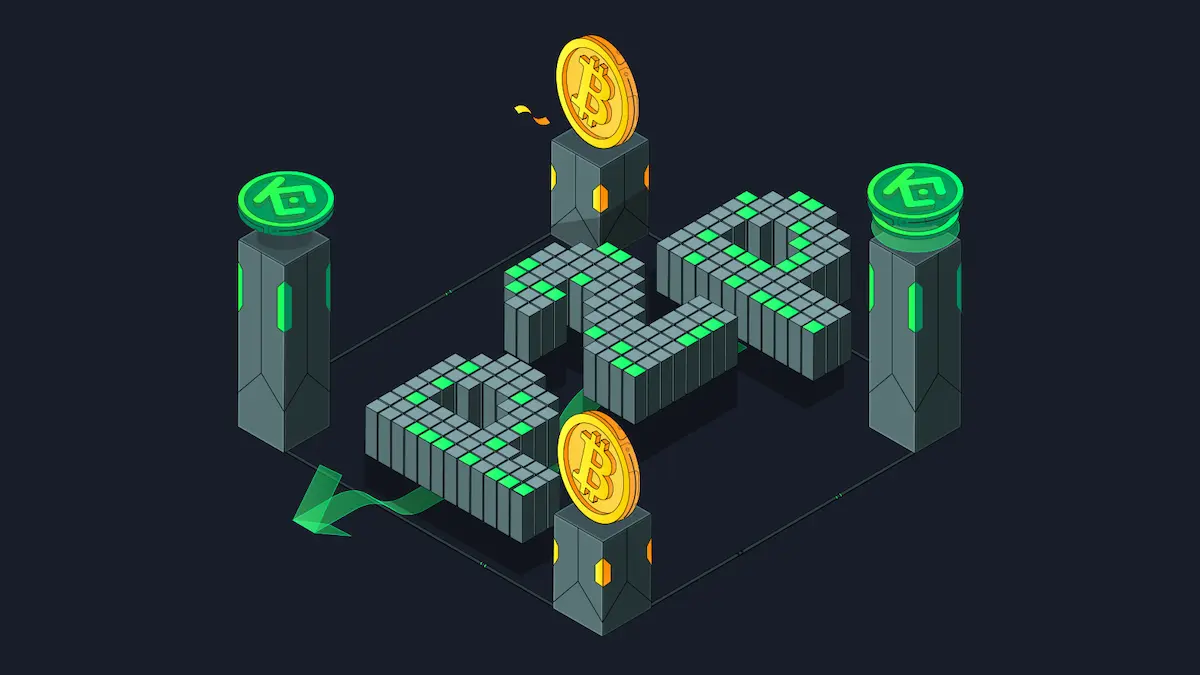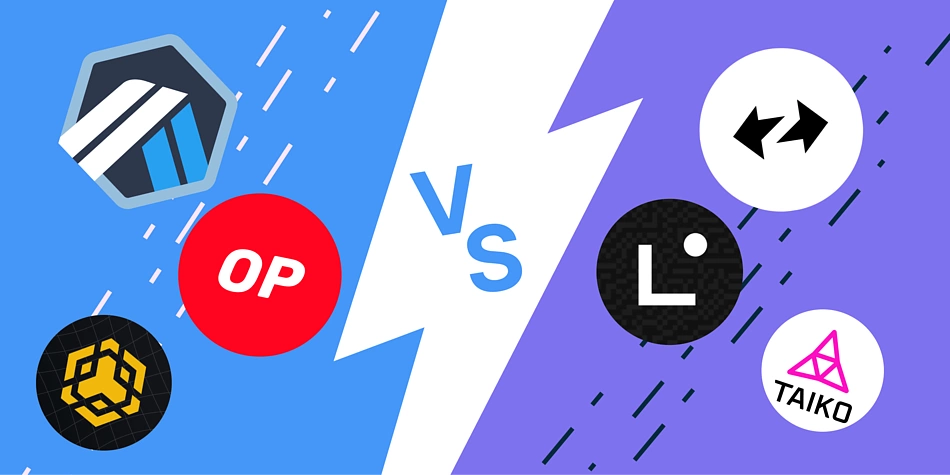Overview
The cryptocurrency and blockchain ecosystem has evolved into an industry with trillions of dollars in circulation. However, with growth have come regulatory and security challenges. To mitigate risks, regulators and companies have developed various verification processes under the concept of “Know Your…” (KYC, KYB, KYT, etc.), which aim to identify users, businesses, and suspicious transactions. In this article, we explore what these mechanisms are, how they have evolved, and their impact on the market.
What are “Know Your…” processes in crypto?
The different types of “Know Your…” are regulatory and compliance frameworks designed to prevent fraud, money laundering, and terrorist financing in the financial and crypto space. The main ones are:
- KYC (Know Your Customer): Verification of customer identity through official documents.
- KYB (Know Your Business): Verification of businesses and their legitimacy before establishing commercial relationships.
- KYT (Know Your Transaction): Real-time monitoring of transactions to detect suspicious activities.
- KYE (Know Your Employee): Verification of employees to prevent information leaks and market manipulation.
- KYO (Know Your Object): Process to validate tokenized assets and prevent fraud in NFTs and real-world assets.
- KYP (Know Your Provider): Review of crypto service providers to ensure their security and reliability.
Application Examples
- Centralized Exchanges (CEX): Binance, Coinbase, and Kraken require KYC to access advanced services such as leveraged trading and large withdrawals.
- DeFi Platforms: While many protocols like Uniswap do not require KYC, some regulated DeFi services are beginning to implement it.
- Transaction Monitoring: Companies like Chainalysis and Elliptic analyze blockchain transactions to detect addresses associated with illicit activities.
- Asset Tokenization: Platforms like RealT verify tokenized properties under the KYO standard to ensure their authenticity.
Evolution of “Know Your…” Processes
- 2013-2017: Exchanges operated without KYC, allowing full anonymity in crypto.
- 2018-2020: Regulations such as the EU’s AMLD5 Directive forced exchanges to implement KYC.
- 2021-2023: The rise of DeFi led to discussions on how to apply KYC in decentralized platforms without affecting privacy.
- 2024 and beyond: Solutions like on-chain KYC through zkKYC (Zero-Knowledge KYC) are being explored to balance privacy and regulation.
zkKYC and zkZKYC: The Evolution of Privacy in Identity Verification
zkKYC (Zero-Knowledge KYC) is a solution that allows users to verify their identity without revealing private information. It uses Zero-Knowledge Proofs (ZKP) to confirm that a person has been verified without sharing sensitive data with third parties. This technology seeks to reconcile the need for regulatory compliance with user privacy.
Recently, the term zkZKYC has emerged, an evolution of zkKYC that further strengthens privacy by applying multiple layers of Zero-Knowledge Proofs to prevent information leaks. Although still in development, this approach could shape the future of regulatory compliance without compromising decentralization.
Pros and Cons of “Know Your…”
Pros:
- Reduces fraud and money laundering in crypto.
- Facilitates institutional adoption and regulatory compliance.
- Increases security in financial and investment platforms.
Cons:
- Compromises user privacy.
- Can be used to censor legitimate transactions.
- Risk of hacks in databases storing KYC information.
Market Sentiment
The cryptocurrency market is divided regarding “Know Your…” processes. On one hand, regulators and financial entities promote KYC and KYT to combat illicit activities. On the other hand, decentralization advocates see these processes as a threat to privacy and the original essence of Bitcoin and blockchain.
The rise of solutions such as zkKYC, zkZKYC, and hybrid platforms combining regulatory compliance with partial anonymity could be the key to finding a middle ground between regulation and privacy.
Conclusion
“Know Your…” processes have become a fundamental pillar of the crypto ecosystem, especially with the increasing institutional adoption. While these mechanisms help prevent financial crime, they also pose challenges in terms of privacy and decentralization. The future will depend on finding a balance between regulation and technology to ensure a secure environment without compromising the essence of cryptocurrencies.
The evolution of zkKYC, zkZKYC, and decentralized solutions could redefine the concept of identity in blockchain, enabling a more inclusive ecosystem without compromising the principles of decentralization and privacy.
By Alejandro Silva Ramírez, Crypto Analyst & Columnist






